Does bacon give you cancer?
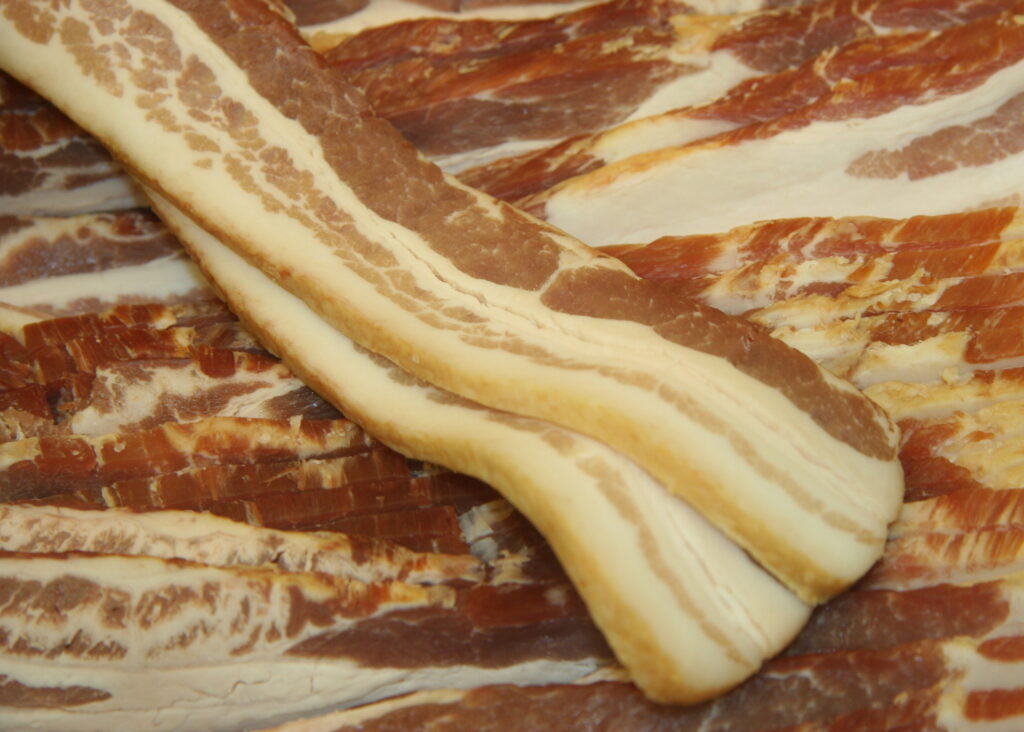
Recently you may have heard that the WHO recently classified red meat and processed meat as “probable carcinogens”. While I advocate for a well-balanced diet, and by no means think its necessary to eat these foods to be healthy, the current recommendations have some major problems that none of the news outlets are discussing. In my most recent post I address the issues behind the issue, and try to set the record straight:



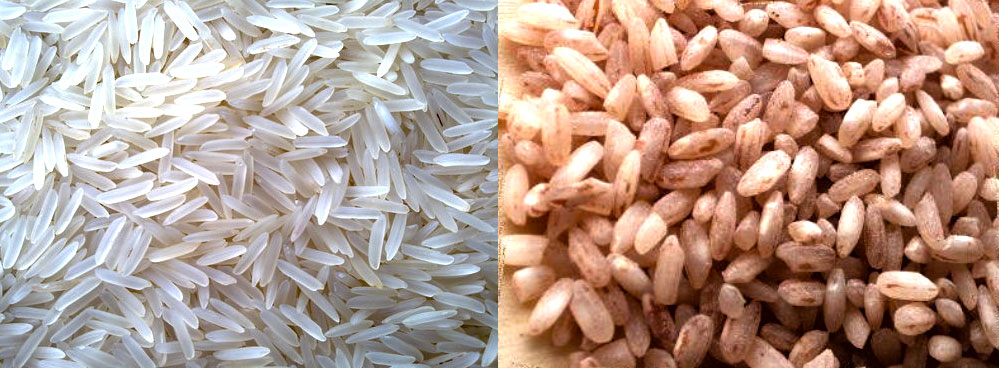
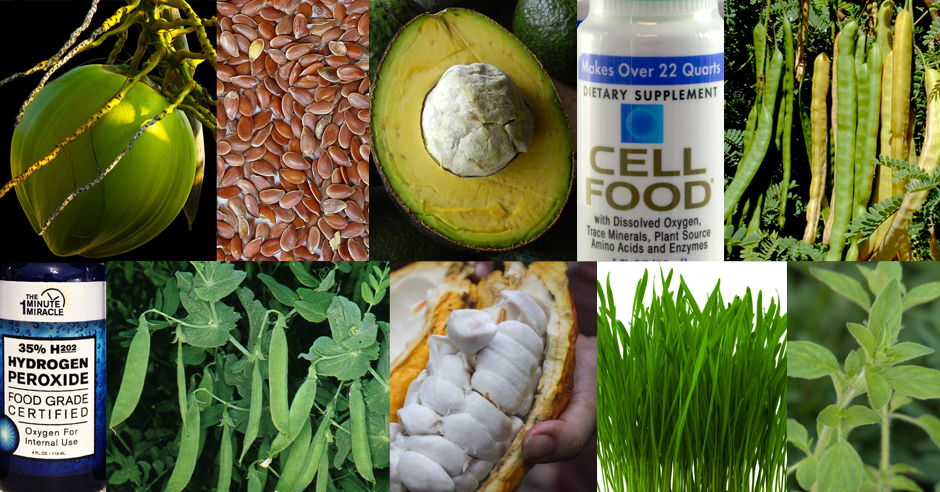
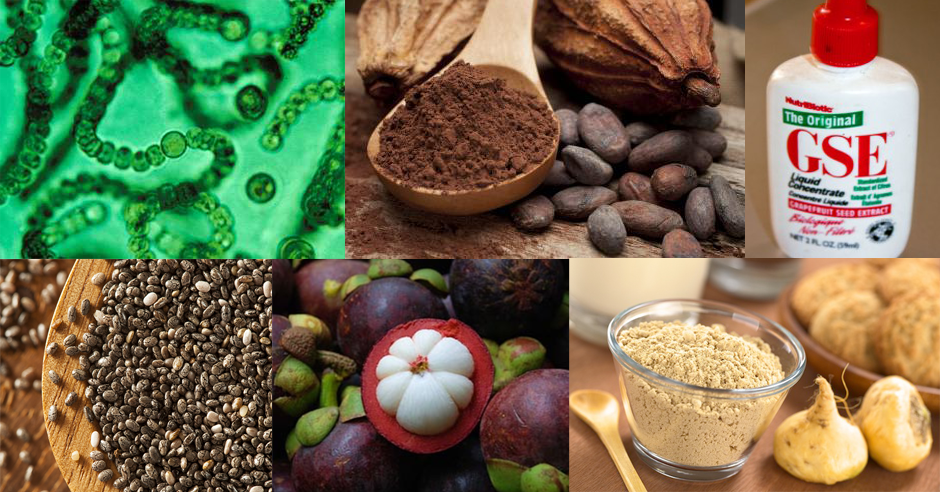
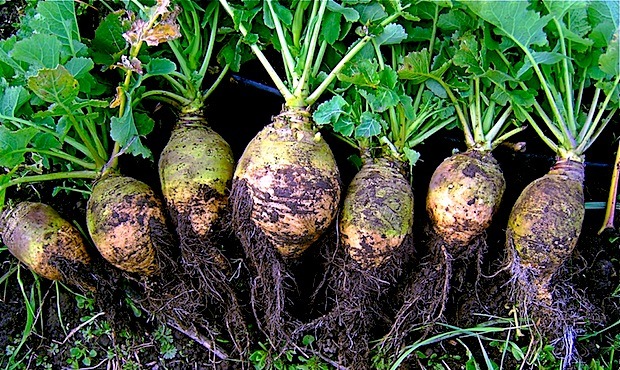
Thank you, Todd, for putting this issue in perspective and unpacking the more complex scientific reality. What is your opinion on nitrites/nitrates for preserving meat? I’ve heard some people say that these chemicals are no worse than using celery juice.
I have researched the nitrite angle, and the evidence for any link between cancer and dietary nitrosamines is very weak. This is different from the “tobacco-specific nitrosamines” – two different things. Personally, I’d rather not eat a chemical like potassium nitrite, also used as an ingredient of gunpowder, and would prefer celery salt and savory seed, and better yet,lacto-fermentation. But nitrites are a much less involved way to preserve bacon…
Thank you, Todd, for putting this issue in perspective and unpacking the scientific complexities. What is your opinion on nitrates/nitrates for preserving meat. I have heard some people say that these chemicals are no worse that those found in natural preservatives like celery juice.
When I was studying energy medicine in Asia, clairvoyants described the energy around pork as the same muddy red color they saw around a human body afflicted with cancer. Then I read in “The Cancer Cure that Worked” a story about an experienced blood researcher who said that when he looked at the blood of someone who ate pork, for 8-9 hours afterward the blood resembled what he saw with cancer patients. Why do whole cultures reject pork as being “dirty”? Could there be something intrinsically unhealthy about consuming it?
Hi Tom.
I don’t put too much stock in clairvoyants when it comes to matters of health, and I suspect that different clairvoyants might have different opinions, depending on their cultural background. You mention you studied in Asia, but I think it would be very difficult to generalize about the beliefs in such a huge area that encompasses most of the world’s population. Some communities in Asia, particularly Muslims, regard pork as taboo, whereas others such as Christians and Buddhists do not. Hindus of course frequently identify as vegetarian, and even if they are not, out of respect to their Muslim neighbors, tend to avoid eating taboo foods such as pork – just as Muslims who are sensitive to the feelings of their Hindu friends make a point to avoid eating beef. But unlike the very clear ban on pork consumption found in Judaism and Islam, there are no other religions that suggest pork is taboo.
According to medieval Jewish scholar Maimonides, the problem with pork isn’t inherent to the animal, but relates to the way in which the animal has adapted to human civilization. Like dogs and rodents, as well as birds such as crows and seagulls, pigs learned to evolve with human civilization, and for thousands of years has found a niche as a scavenger, living on the edges of human society, sorting through our garbage and waste looking for food. It is for good reason then that this injunction against pork consumption was maintained, as it is unwise to eat animals or any kind of food living in or grown in human waste. Every year there are repeated outbreaks of E. coli and other food-borne infectious disease that are caused by improper hygiene. Regardless of your faith or belief, I think everyone can agree that all our food should raised and grown in a healthy, clean environment.
Clearly there is a difference between the pigs that frolic in human waste, as well as the pigs raised in modern feed lots, with pigs raised in a natural, farm environment. Pigs actually serve a very important role on farms, recycling farm wastes and turning it into food. In fact, this is where we get the notion of a “piggy bank”, in which the pig serves as a storehouse of food energy, only to be “cracked” open if necessity requires it. In this way, pigs have served as a vital source of nutrition for many communities for thousands of years, and has long been celebrated as important staple. Regardless of the source, if the animal is healthy there is no intrinsic difference between it and any other source of meat, apart from the differences in the nature of the meat itself. Compared to other meats, pork is quite warming in nature with a heavy and greasy quality, making it particularly useful for people suffering from coldness and deficiency.
Hello Todd. Actually there are other religions where PORK is a Taboo. Westerners are not very familiar with the multitude of African spiritual systems & religions that exist on that continent. As a researcher and Anthropologist, I have documented various traditions in West Africa that outright forbid the consumption of Pork meat and related Pork products and have done so for thousands of years. There is some evidence starting to emerge that some of these traditions can be traced back to Eastern Africa(but that’s another matter altogether). We must make an effort to remember that the “World” extends far beyond the USA, Asia and Europe and the knowledge.